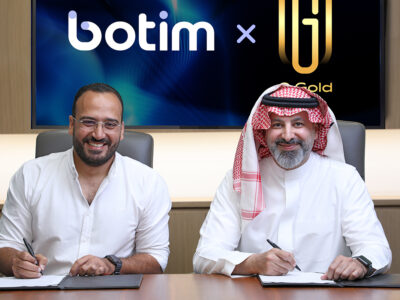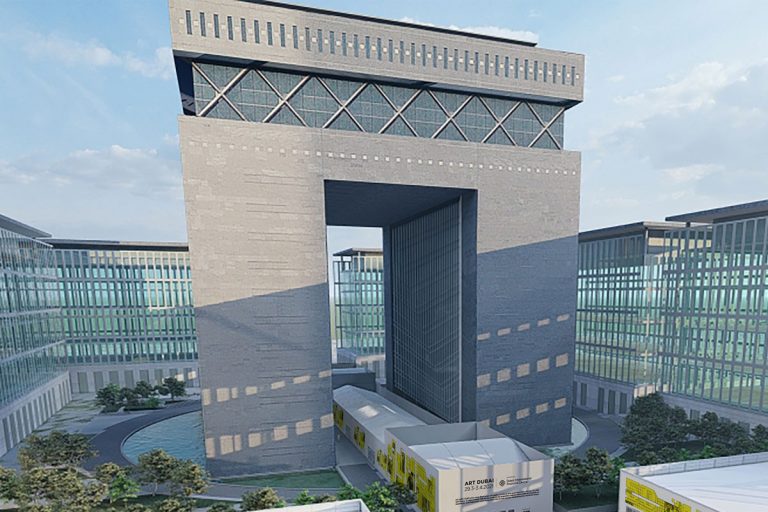A workplace savings plan launched by Dubai International Financial Centre (DIFC) a year ago has garnered over $127 million in assets under management.
The DIFC Employee Workplace Savings (DEWS) Plan, which was launched in February last year, replaced the accruing end-of-service gratuity payment plan that has been in place since the inception of the business centre in 2004, with a professionally managed, defined plan.
Over the last 12 months, 19,182 members of the DIFC workforce from 1,187 firms operating in the emirate’s financial hub, have been enrolled in the plan.
 Arif Amiri, CEO of DIFC Authority
Arif Amiri, CEO of DIFC Authority
Arif Amiri, CEO of DIFC Authority, said: “The introduction of DEWS is one of many ways DIFC has contributed to the Dubai Plan 2021 by making the emirate a pivotal a hub in the global economy, as well as making it a preferred place to live and work.”
The scheme gives employees the option to invest in one of five plans graded by risk.
As of the end January this year, the majority of the DEWS Plan’s assets (75 percent) remain invested in the low/moderate growth fund, which is the default fund of the plan. Nearly 20 percent are split across the other growth fund options including the moderate growth, moderate-to-high growth, and high-growth funds.
Employers are required to make a minimum contribution of 5.83 percent of an employee’s basic salary with less than five years’ service. The minimum contribution increases to 8.33 percent of an employee’s basic salary for five years or more of service.
The DEWS plan is established as a Master Trust governed by Equiom (Isle of Man), while Zurich Workplace Solutions acts as the plan administrator and Mercer as the investment adviser.
Claudia Maldonado, principal at Mercer, said: “We are aiming to foster a culture of savings through the DEWS Plan, which supports employee engagement while offering flexible options to meet the requirements of individual employees and their savings goals.”
In the last year, over $4 million has been paid to members who have left their employment, towards their end-of-service gratuity.
Chris Cain, client services director for the Middle East, Equiom, said: “DEWS aims to address a key issue with the End of Service (EoS) benefit system in the Middle East where employers are not obliged to fund their EoS liability externally.
“Most companies therefore tend to make EoS payments from company cash flow, meaning that employees are not protected against employer insolvency. DEWS has addressed this issue and as part of the scheme, once funds are paid on behalf of employees, the sum is ring-fenced and is no longer a liability of the employer, making it safer for employees.”








